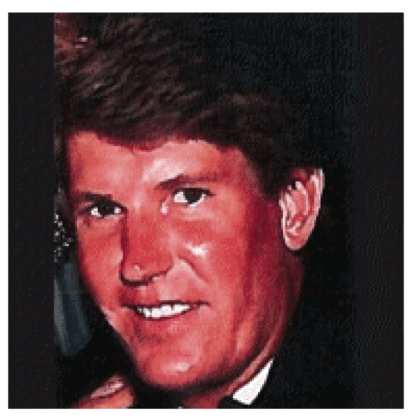
Although he was a gifted athlete who excelled at basketball, John Ritchie suffered from a heart condition for over a decade.
Midway through his thirties, doctors determined Ritchie needed a heart transplant. After a five-year wait on the transplant list at UCLA Medical Center, Ritchie and his family thought their prayers had been answered when a donor was identified and the transplant was performed. All seemed well after the surgery.
But doctors determined there was a need for one more visit to the operating room: as a result of the dialysis that was performed during the transplant, they needed to replace a defibrillator and pacemaker and also install a dialysis line in his neck. Though the medical staff said it would be a routine procedure, things did not go as planned.
A team of eight doctors were in the operating room but a medical resident, still learning the craft, was allowed to place the line in Richie’s neck without the permission of the patient or his family.
In the process, Ritchie’s carotid artery was pierced twice. After the procedure, medical staff knew he was brain dead and had no hope of ever reawakening.
Over a period of almost two months, the medical providers went to extraordinary measures to cover up their negligence. Medical staff lied about Ritchie’s condition and about having an occupational physical therapist work with him. Eventually, his family demanded a meeting to determine the truth: the punctured carotid artery caused a traumatic brain injury from severe lack of oxygen.
He was barely 40 at the time of his death, leaving behind a wife of just 37. John’s family tried to pursue justice, but California’s arbitrary $250,000 cap on pain and suffering shielded those who had acted with blatant negligence from being held accountable.
